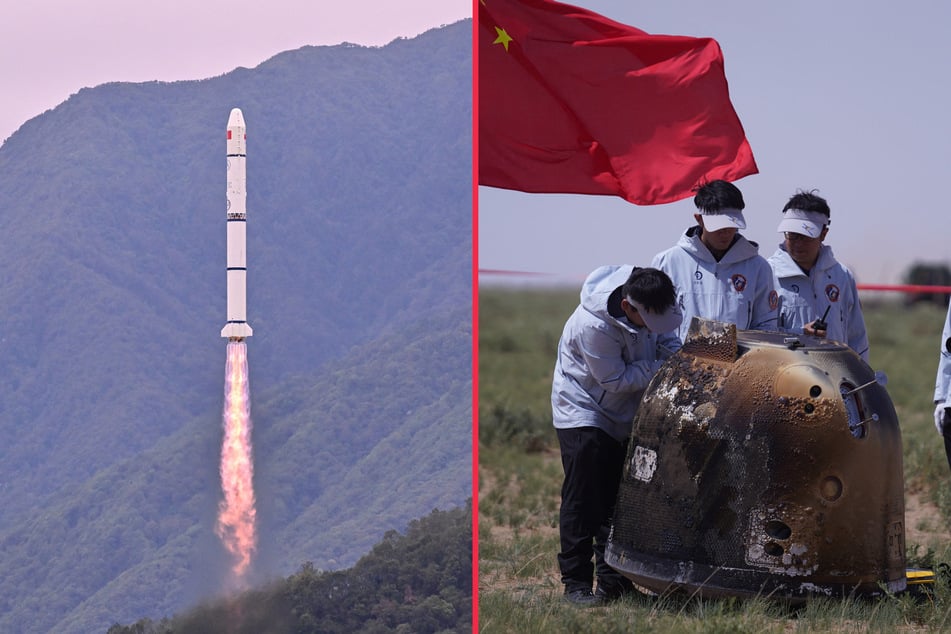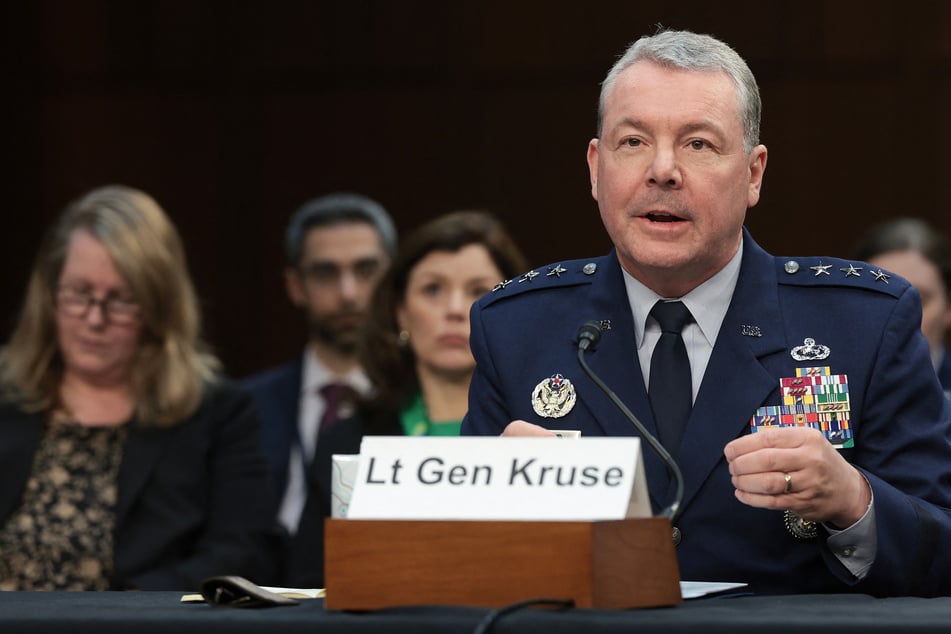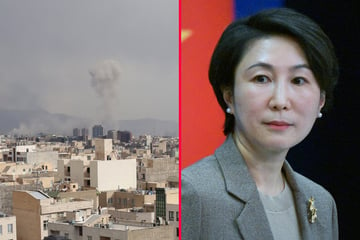China on path to space supremacy, says US intelligence director
Aspen, Colorado - A leading intelligence figure in the US has expressed concern over China's increasing domination in space, following the success of the Chang'e-6 lunar probe last month.

Jeffrey Kruse, the director of the US Defense Intelligence Agency said on Wednesday that China is increasingly using space as a new frontier with which it can challenge US national security.
The comments come as Kruse attended the Aspen Security Forum in Colorado and conducted a panel discussion on the interrelations between national security and space.
"When you talk national security, China aims to displace the United States as the global leader in space and to exploit space in a way that is to our detriment," Kruse was cited as saying by South China Morning Post during the panel discussion.
Kruse believes that the US currently relies on space too much and that security agencies should be aware of these weaknesses as China becomes a "broad-based, fully capable space power."
Risks are, according to Kruse, military as well as commercial, with both sides seeing space as important for both deterring and compelling certain "behaviors."
"[China] counts on what they perceive as a US over-reliance on space, and it intends to hold that capability at risk," Kruse explained.
US "should partner" with China in space operations, intelligence director says

Lieutenant General Jeffrey Kruse shared the view that the US should join forces with China and cooperate over space innovation, as it is "Okay to talk to China about" issues that may have security implications.
"We, to some degree, should partner with them, or at least understand what they’re doing," the director said at the security forum.
China has repeatedly claimed that it has no malicious intentions over space travel and has expressed a desire for peaceful cooperation.
It has also installed instruments capable of electronic warfare and interference with satellites.
Just last month, China's Chang'e-6 moon mission returned to Earth safely having collected samples from the far side of the moon, a world first in space travel.
While Beijing points to such missions as peaceful and non-competitive, Kruse thinks that this is unlikely to be true. That being said, he believes that the ultimate goal is to improve the dialogue and therefore the relationship.
"We want to have a way to talk to them about space safety as they put more satellites on orbit... so that we can operate effectively and do not have any miscommunication or unintended actions that cause a misunderstanding," he said.
Cover photo: Collage: AFP/Adek Berry/Stringer

